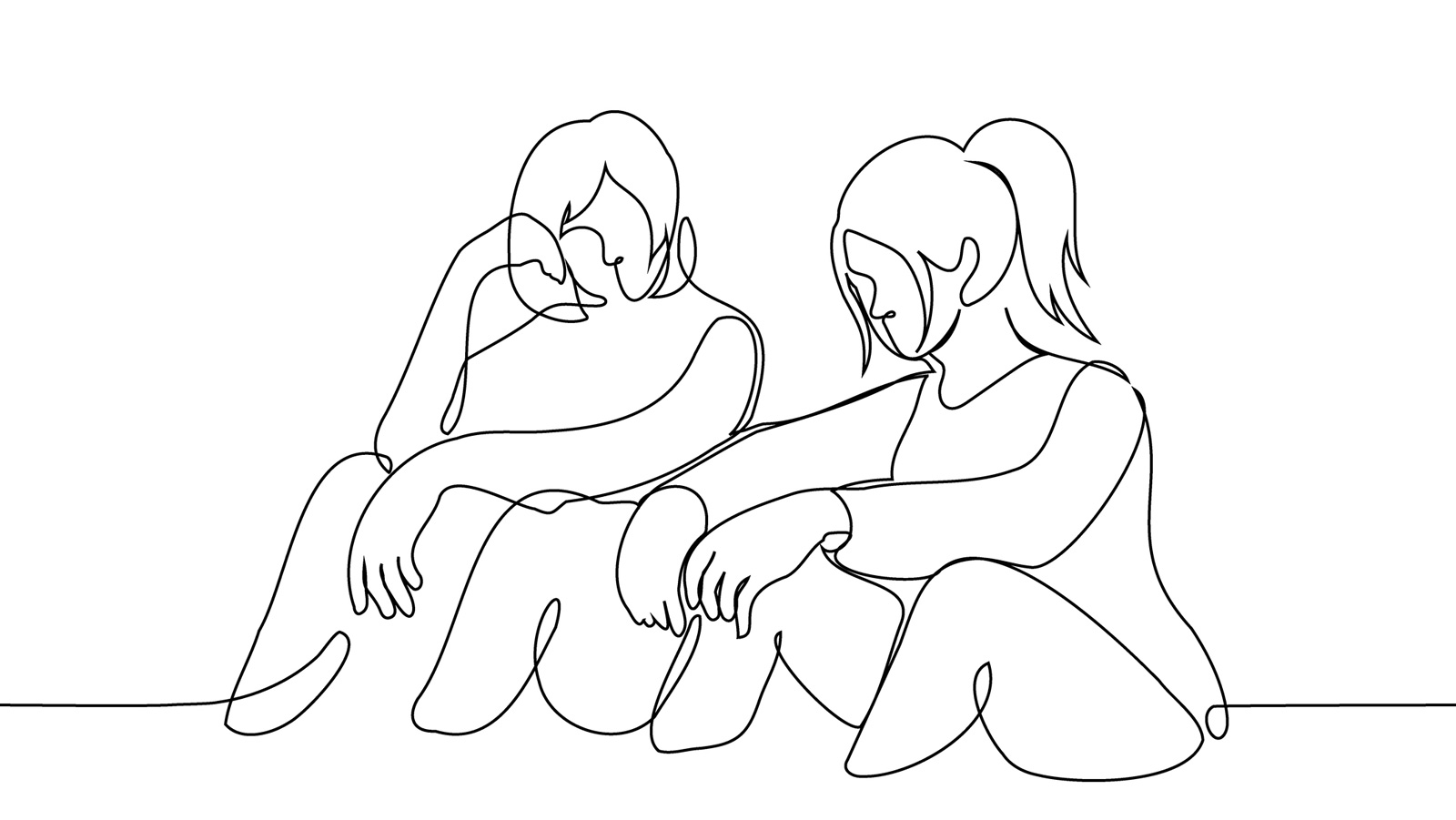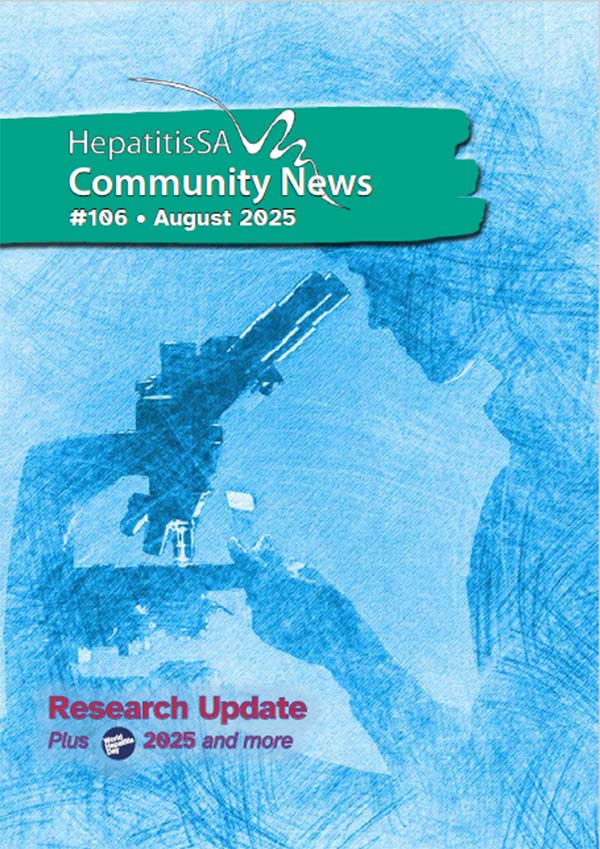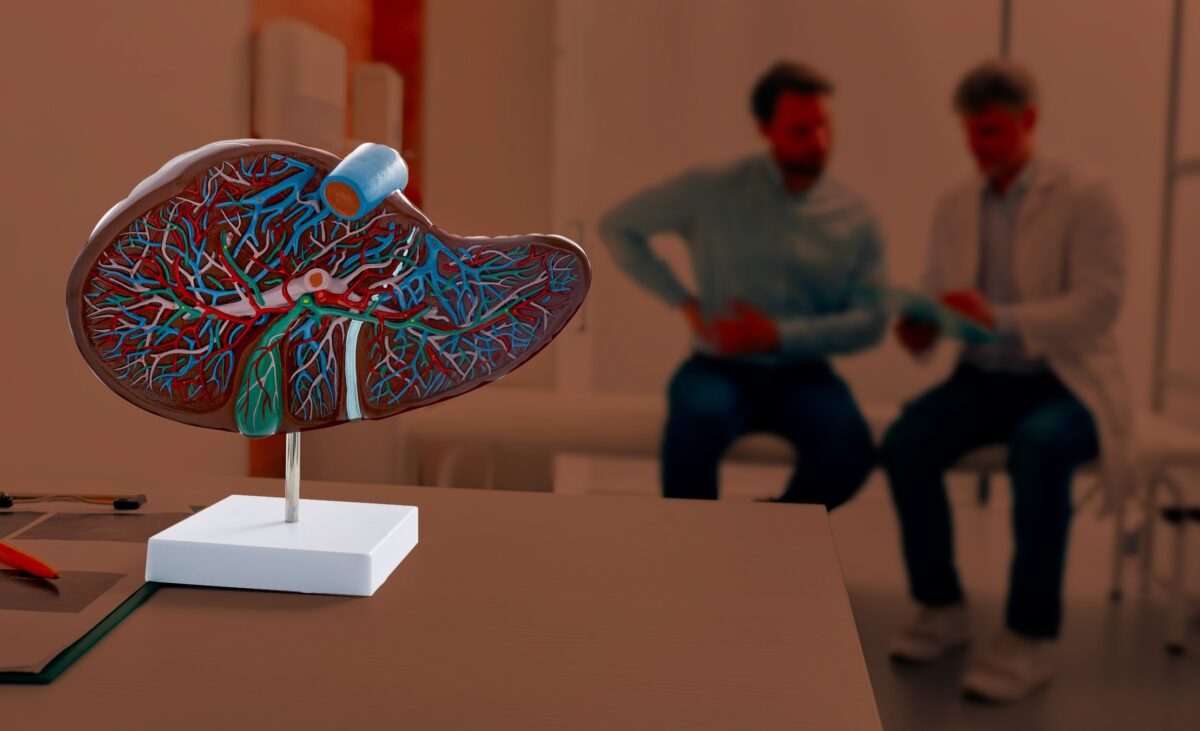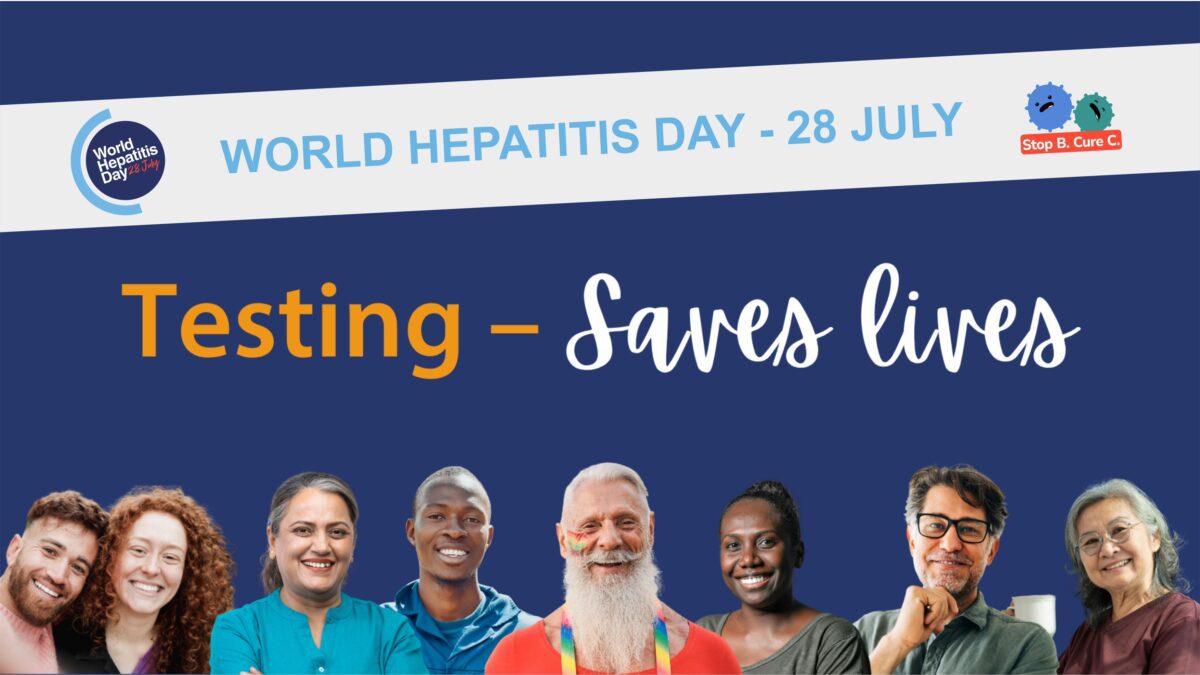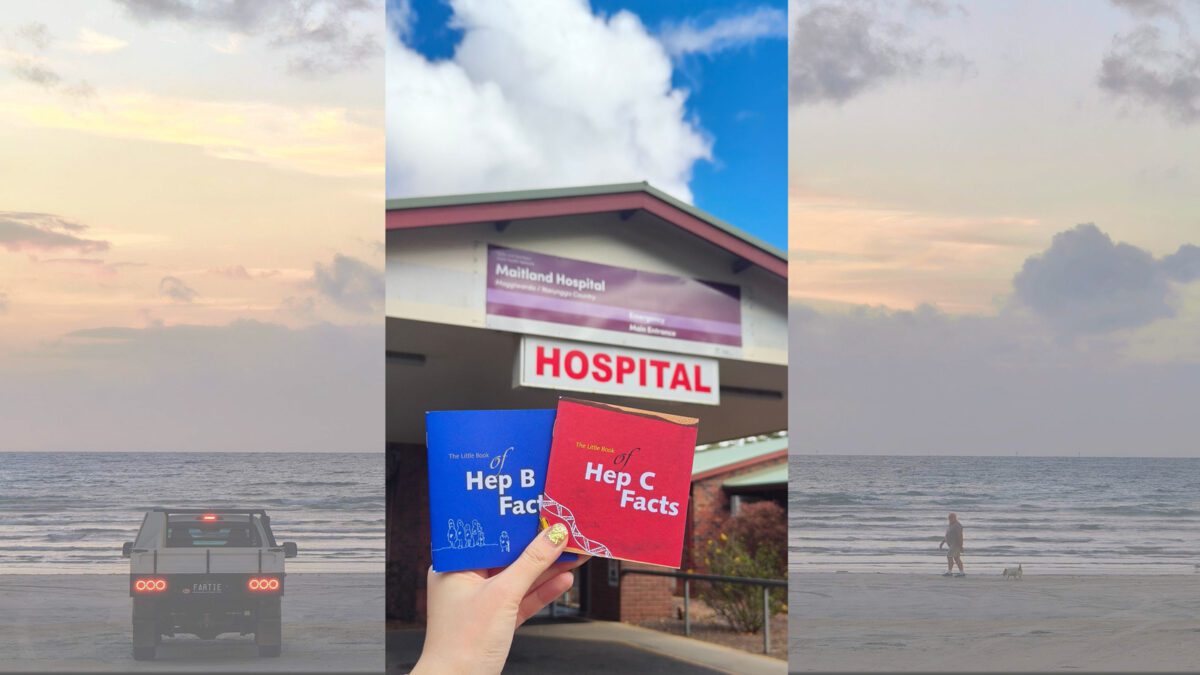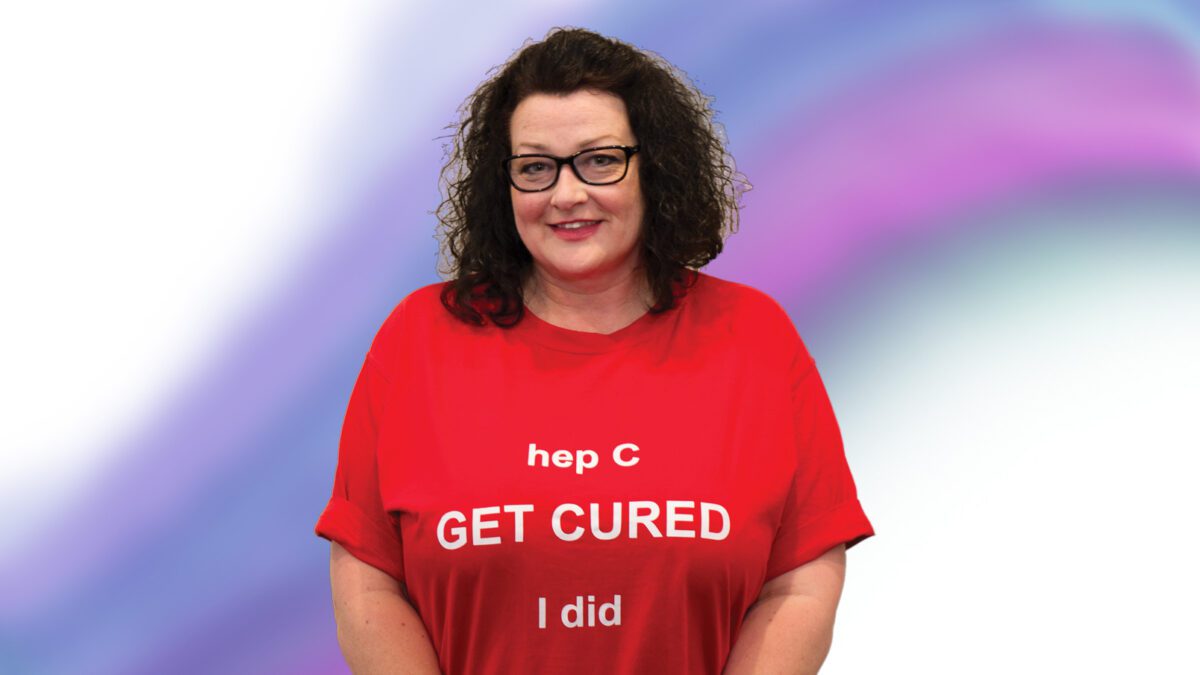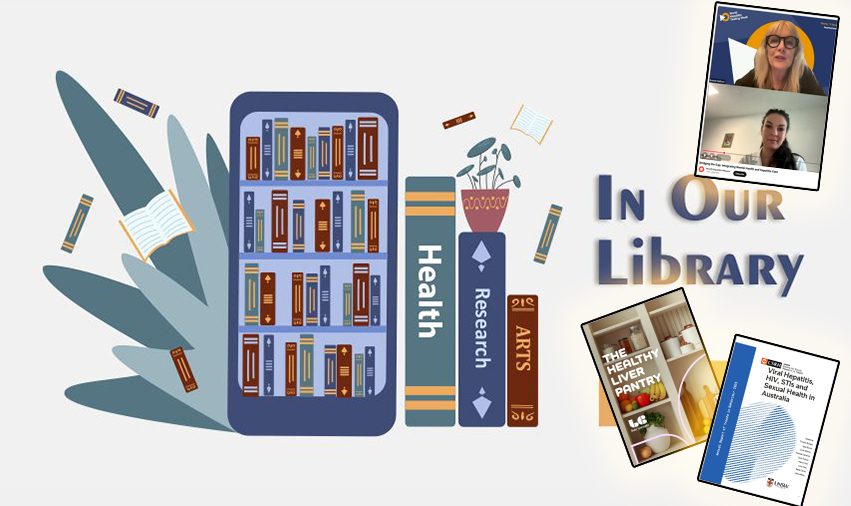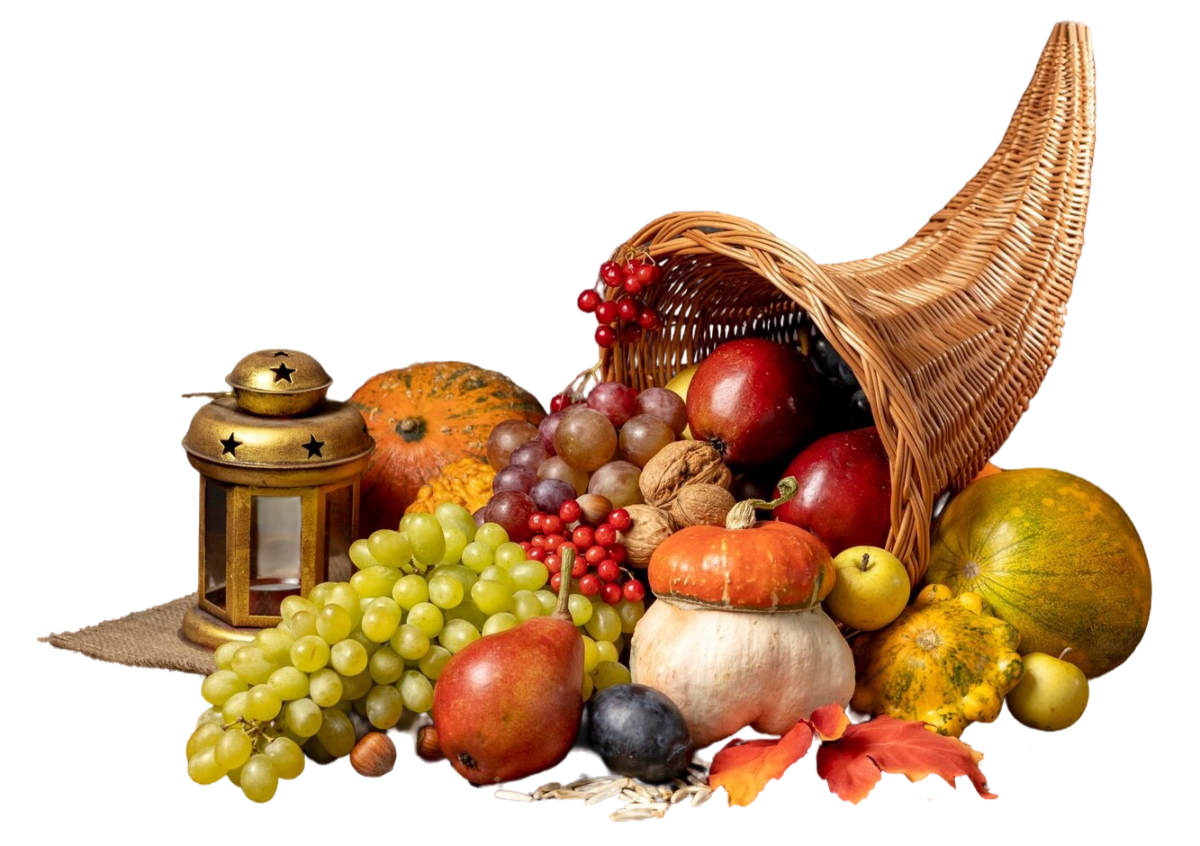Supporting someone close to you who is struggling with drugs or alcohol issues can be lonely and stressful. Most people are not equipped to deal with the challenge, and don’t seek help for fear of stigma and discrimination.
Tony Trimingham lived through that. After losing his son to heroin overdose in 1997, and finding very little support available for himself and his family, he founded not-for-profit organisation Family Drug Support.
Family Drug Support (FDS) provides non-religious, non-judgmental, non-directive information and support to families, carers and friends of drug users across Australia. It offers services ranging from a 24/7 helpline and regular support groups to more intensive learning experiences including workshops and weekend courses. It also organises one-off events to mark significant days.
…often family members keep trying to ‘fix the problem’ … to get the person … to stop. Instead we encourage them to help the user to be safe, to reduce risks and harm.
FDS currently has regular activities in the ACT, New South Wales, Queensland, Victoria and South Australia. It runs 13 support groups in South Australia covering outer metropolitan areas and regional centres Port Augusta and Murray Bridge. Family Support Worker, Arneen Walden, who comes from a small South Australian mining town, says they aim to reach more hard-to-reach groups, including rural, Aboriginal and migrant communities.
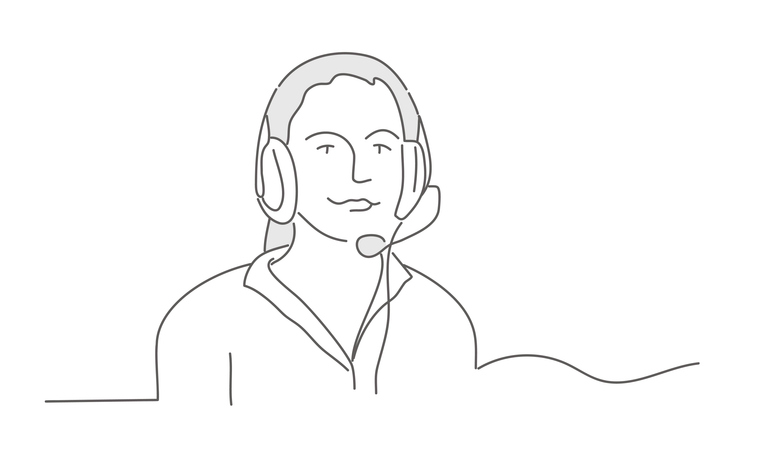
Before joining FDS, Arneen had spent seven months working with Community Access and Services SA (CAaSSA), which provides alcohol and other drug services to diverse communities including people from South East Asia, Middle East and Africa. She hopes to use that experience to help families from those communities.
Family Support Worker, Jan Maguire, said one of the most important things FDS counsellors try to impart to people supporting a drug user is effective communication. “Often family members keep trying to ‘fix the problem’ … trying to get the person using drugs or alcohol to stop,” she said. “Instead, we encourage them to support the user to be safe, to reduce risks and harm.
“Our services are offered without judgement. We support those who want to save their relationships by helping them to stay safe, stay alive and stay together. But we also support those who can’t cope anymore and need to step away.”
FDS support groups meet fortnightly, giving participants a safe space to share experiences and not feel alone. It is open to all; no membership is required. For families and carers who are open to learning more, FDS offers a four-day evidence-based program called Stepping Stones. The focus of this course is on taking care of yourself and effective communication.
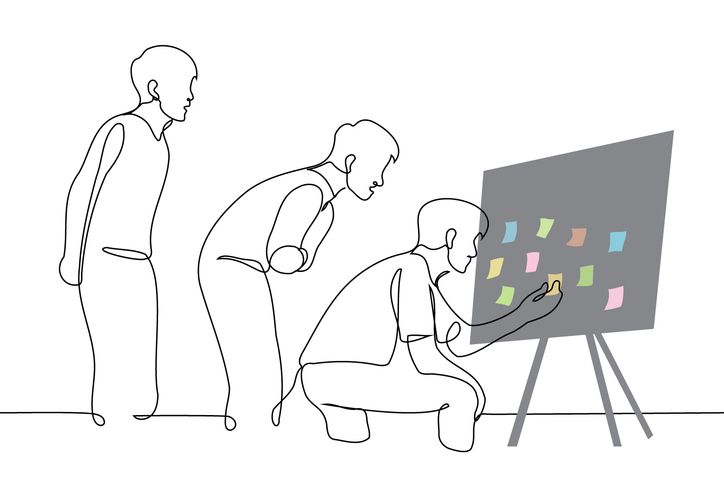
Other activities include Stepping Forward a series of information sessions built around the topics: Families Stages of Change, Effective Communication, Alcohol and Other Drugs Information, Drug and Alcohol Treatment Options, Setting Workable Boundaries, Dealing with Conflict and Families and Ice. Stepping Forward may serve as a lead-in to doing the more intensive and therapeutic Stepping Stones course.
FDS also runs a half-day professional development workshop for people working with families dealing with a member who uses drugs or alcohol. This workshop aims to equip community sector workers with background knowledge and skills to help families to build resilience and improve the outcome for both the person who uses drugs and the family.
For those who have lost a family member to drugs or alcohol, FDS has started a monthly bereavement group. This will fill the gap for people who used to be in support groups but are left with nowhere to turn when death took away the person they were supporting.
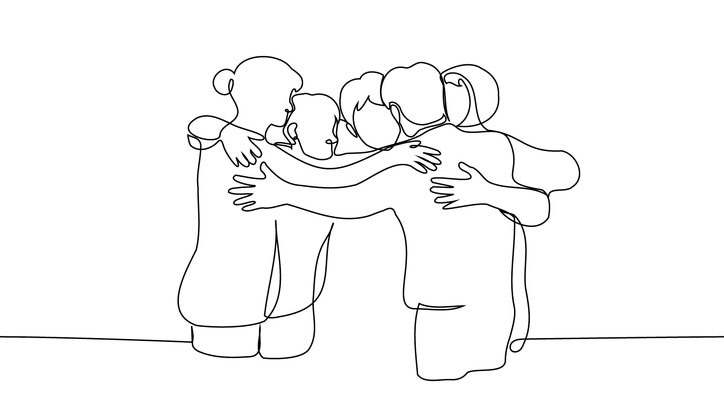
Family Drug Support is funded by most state and territory health departments and staffed by trained workers and an army of volunteers. In South Australia alone, the organisation is supported by 35 volunteers. While services are open to all, they encourage people to join as members to get the quarterly magazine and discounts on resources.
Their national helpline is available 24 hours a day, seven days a week, staffed by well-trained volunteers who are fully debriefed after each shift. An annual retreat for volunteers provide opportunities to connect, refresh and update.
“People contact our support line when they need to dump or offload, need someone to listen to them, need information or when they are going to make a decision,” said Jan. “It’s often at a critical point, and we help them to find their way through it, without judgement.”
Head to the Family Drug Support website for more details on events and locations. To get support, call 1300 358 186.

Last updated 3 September 2025
More from:
Enjoyed this article? Subscribe to be notified whenever we publish new stories.
Subscribe for Updates
